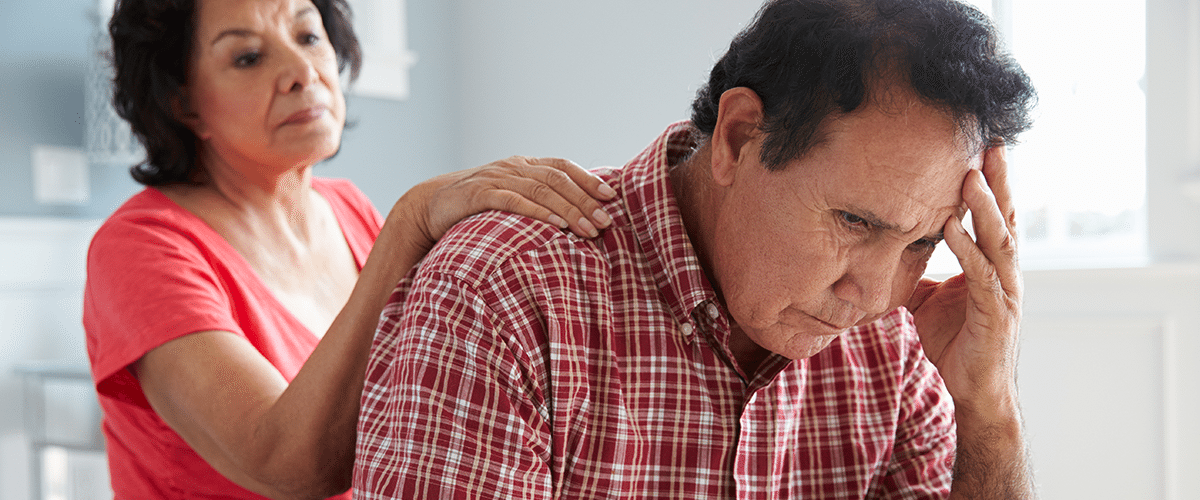[vc_row][/vc_row][vc_row][vc_column][vc_column_text]
A new study has found that taking medical marijuana can help anxiety and pain patients eliminate the need for a prescription medication.
Findings in a new study indicate that prescribing medical cannabis causes a sharp drop in reliance in the prescription drug benzodiazepine among anxiety and pain patients. The findings of the observational study, conducted by Canada’s Canabo Medical Inc., were presented earlier this month at the Canadian Consortium for the Investigation of Cannabinoids (CCIC) event in Toronto.
In the study, 40 percent of patients that were prescribed medical cannabis to treat pain and anxiety were able to eliminate the use of benzodiazepines within 90 days. After a year’s time, that number grew to 45 percent.
“We wanted to take a close look at the likelihood of continued benzodiazepine usage after commencing medical cannabis treatments and, to be perfect honest, the results are extremely promising,” said lead researcher Dr. Neil Smith, in a release. “When conducting this type of research, experts are typically encouraged by an efficacy rate in the neighborhood of 10 percent. To see 45 percent effectiveness demonstrates that the medical cannabis industry is at a real watershed moment.”
The observational study investigated 146 patients that had been prescribed benzodiazepines. Patients were mostly using the prescription medication to treat pain conditions (61.3 percent), psychiatric conditions like anxiety (27.4 percent), and neurological conditions (11.3 percent).
Benzodiazepines, such as Valium and Xanax, are a class of psychoactive medications that act on the central nervous system to produce sedation and muscle relaxation effects, as well as lower anxiety levels. They can cause short-term side effects, such as dizziness, headaches, and memory impairment.
Benzodiazepines are also commonly abused, according to WebMD, and are frequently combined with alcohol or other medications to increase the risk of dangerous, and sometimes lethal, effects. In 2013, 30 percent of prescription pill overdoses in the U.S. were related to benzodiazepines. Still, the percentage of adults in the U.S. that filled benzodiazepine prescriptions per year increased by about 30 percent between 1996 and 2013.[/vc_column_text][/vc_column][/vc_row][vc_row][vc_column][vc_single_image image=”17365″ img_size=”1200×250″ onclick=”custom_link” img_link_target=”_blank” link=”https://www.medicalmarijuanainc.com/overview-of-medical-marijuana-research/”][/vc_column][/vc_row][vc_row][vc_column][vc_column_text]The study’s findings suggest that marijuana could be a safer alternative for pain and anxiety. According to the DEA, there have been no reported lethal overdoses caused by marijuana. Numerous studies have already found cannabis to effectively reduce the intake of potentially dangerous painkillers like opioids.
“To say that we’re encouraged is an understatement but there’s a lot of work still to be done,” added Dr. Smith. “We hope to conduct formal trials both in-house and in collaboration with others pending further analysis of what we believe to be one of the most promising advancements in many years.”
Of the 28 U.S. states with comprehensive medical cannabis laws, nearly all have included pain on their respective lists of conditions that qualify for the program. None of the states, however, have specifically approved cannabis for the treatment of anxiety disorders.
Canabo Medical Inc., the study’s sponsor, owns and operates Canada’s largest physician-led medical cannabis clinics.
Learn more about what research has so far discovered about cannabis and its potential therapeutic applications for drug abuse by visiting our education page.[/vc_column_text][/vc_column][/vc_row]






